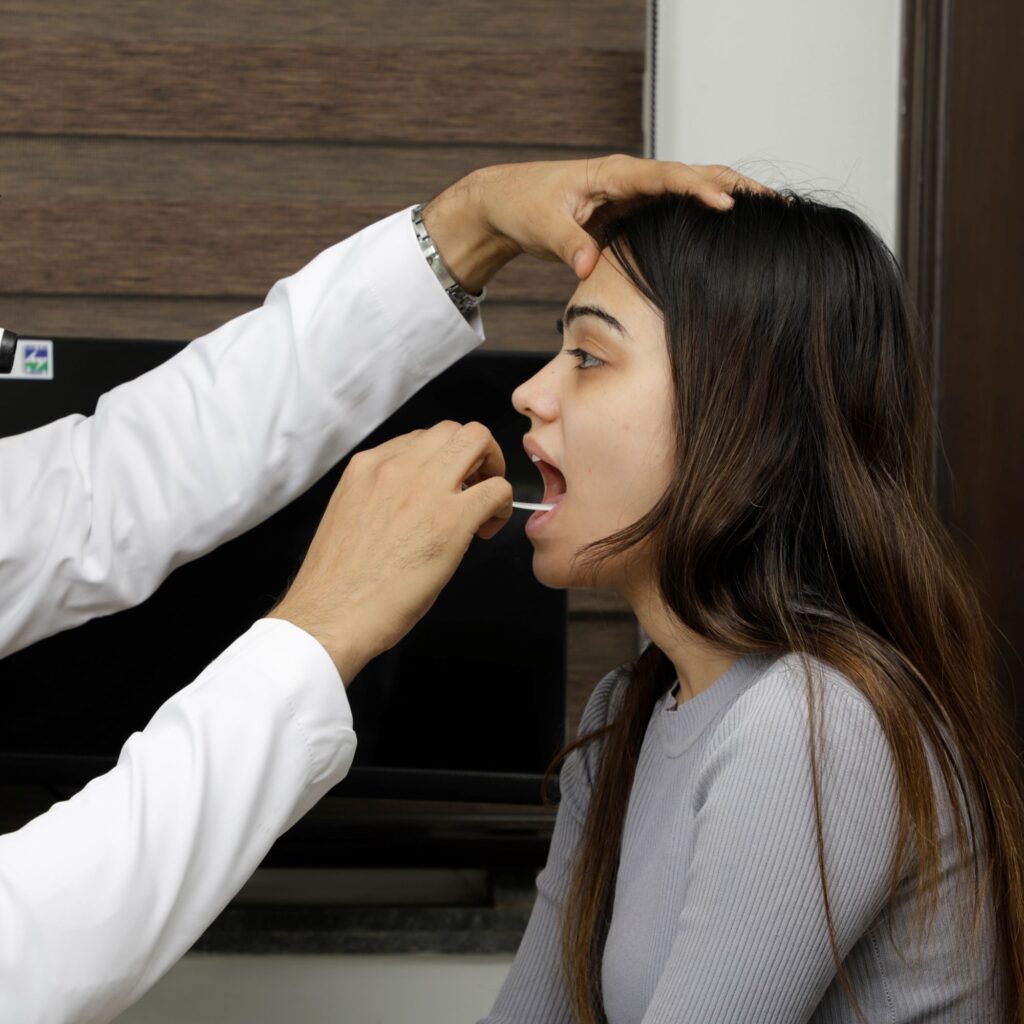Lip Cancer
Lip Cancer
Lip cancer, also known as oral cavity or oral squamous cell carcinoma, is a type of cancer that affects the lips. It is a rare form of cancer, accounting for only 1-2% of all cancers of the head and neck. The main cause of lip cancer is exposure to the sun and tobacco use, but it can also be caused by alcohol consumption, human papillomavirus (HPV), and genetics. Early diagnosis and treatment of lip cancer is crucial for successful outcome and survival.


Symptoms of Lip Cancer
- A sore or lesion on the lip that does not heal
- A lump or thickening on the lip
- A white or red patch on the lip
- Pain or tenderness on the lip
- Change in the shape or colour of the lip
Types of Surgery
- Excisional biopsy
– This involves removing the entire growth along with a margin of healthy tissue. - Mohs micrographic surgery
– It involves removing the cancerous tissue in thin layers and examining each layer under a microscope until all the cancerous cells have been removed. - Partial lip excision
– This involves removing the cancerous tissue and some surrounding healthy tissue. - Total lip excision
– This involves removing the entire lip.

Expectation
- Complete Removal of Cancer
- Preservation of Function
- Minimal Scarring
- Pain Management
- Education on Lifestyle Changes
Downtime
Following the surgeon’s postoperative care instructions is crucial. This may include keeping the surgical site clean, avoiding certain foods, medications, and activities that may interfere with healing.

